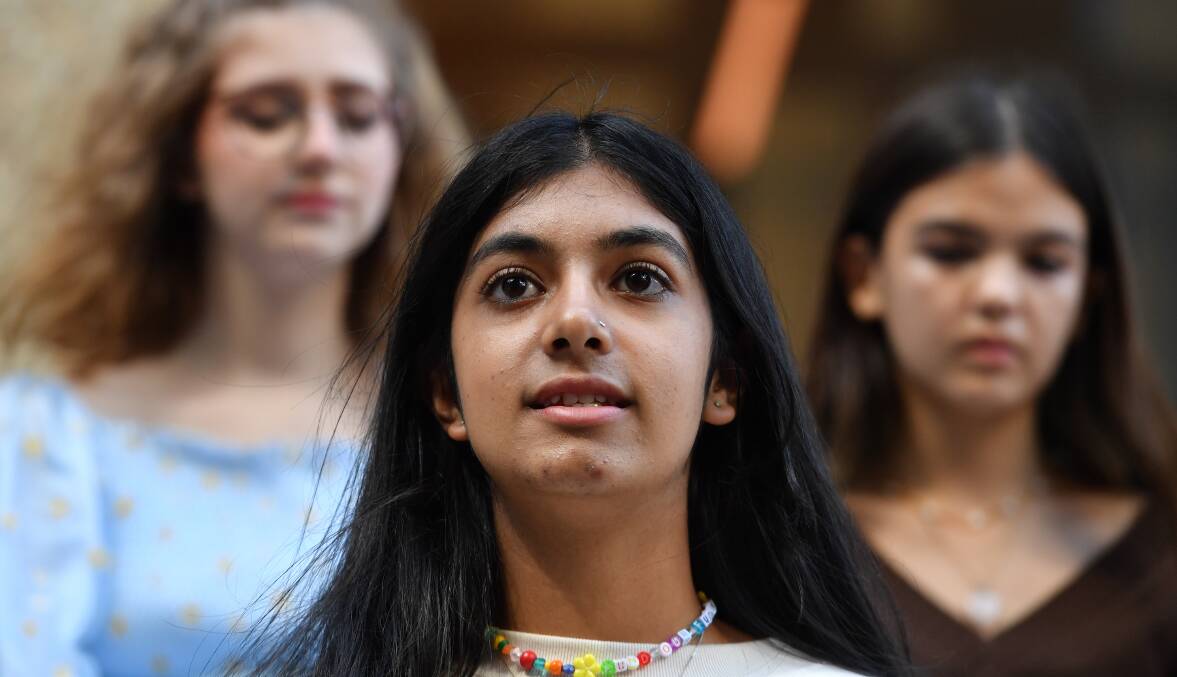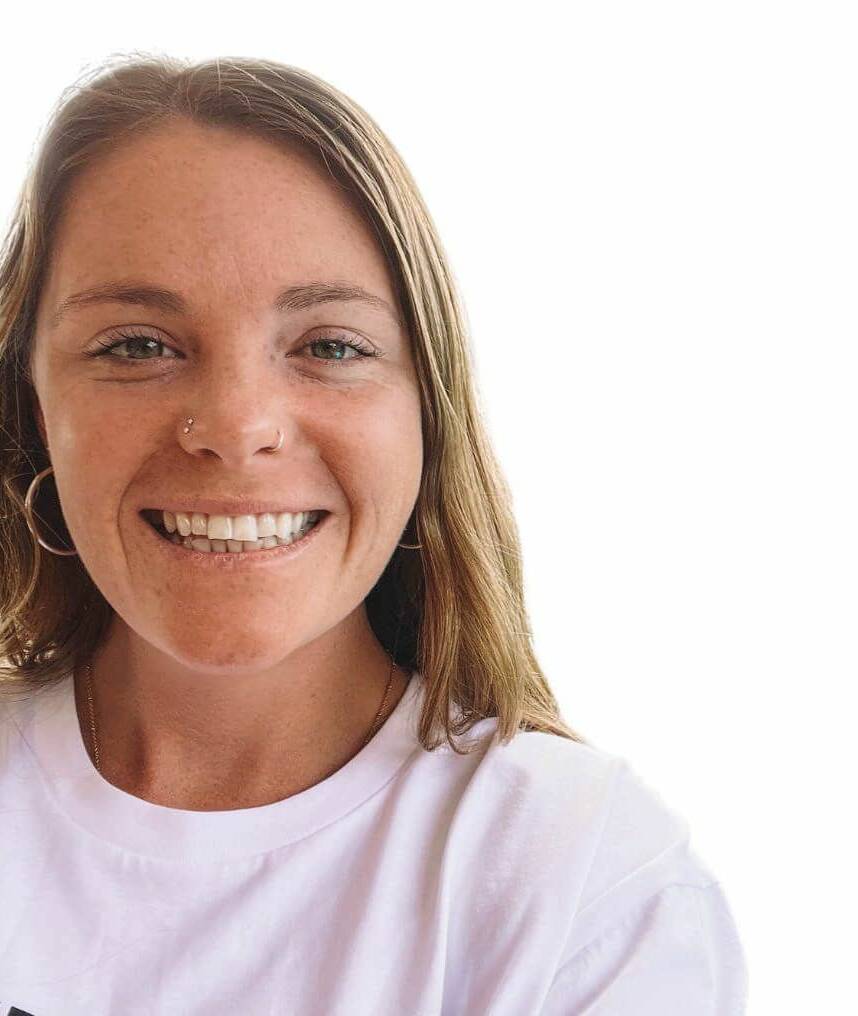Pauline Siteaud, 25, feels having kids is something she can't consider for another decade.
"If I do have children, I want to make sure that I can fully support my children in whatever they want to do. That I can provide them with as good as possible of a future," she said.
"And I don't think that I will be able to provide that to a child or children because of the state of the economy."
Ms Siteaud is part of a generation questioning when - or if - they have children, as they stare down a cost-of-living crisis, a housing affordability crisis and a climate crisis.
But she's also part of a generation facing major workforce and retirement challenges, reveals the latest Intergenerational Report, which says Australia is set to reckon with the consequences of an ageing population over the next four decades.

The report, released by Treasurer Jim Chalmers on Thursday, paints a stark picture of an older population that relies on a proportionately smaller workforce to support them into retirement and aged care.
Ms Siteaud, a marketing manager in Canberra, said the economic forecast was "quite alarming and quite concerning".
"Of course, we're a society and we're always happy to support each other and support each other in growing and ageing," Ms Siteaud said, adding it was "disheartening" younger generations would be working to support an ageing population "versus supporting children and students growing into their careers and into the rest of their lives".
"I honestly don't feel confident enough to be able to raise myself'
Australia's total fertility rate is well below below replacement level, reaching 1.69 babies per woman in 2021-22, the report reveals.
There are several reasons why: women today have more options to pursue work and education than previous generations; social trends have changed and incoming generations have different priorities to predecessors.
The report also acknowledges "economic uncertainty and job insecurity" are major drivers of fertility declines in developed countries.
For ANU law student Anjali Sharma, 19, the declining fertility rate is a "feedback loop".

Ms Sharma - who made headlines in 2021 after taking then-environment minister Sussan Ley to court - said she could not see herself having kids in the future given the world her generation was inheriting.
"I honestly don't feel confident enough to be able to raise myself, if that makes sense, amidst all of the challenges that young people are facing these days: the housing crisis being one; the cost of living being another. Climate change, of course, being a third," she said.
"Knowing that this is the world that's being handed to us, in which we'll be expected to live our lives and enter the workforce and look to buy a home and potentially start a family, it's just a very terrifying prospect."
Canberra mum of one Caterina Sullivan said she and her partner were unsure whether they will have more kids, concerned about the impact of overpopulation on the climate and fearing their children will face a worsening housing crisis.
The 27-year-old business consultant and her husband know how hard it is being a parent in today's economy; they each juggle multiple jobs and average 16-hour days working seven days a week, all while looking after their child at home "because it just doesn't make economic sense to have him in childcare".
"It is tough," she said.
Calls for 'bold reform'
Jane Body, general manager of Think Forward - a non-profit advocating for intergenerational fairness - said the government needed "bold reform" to avoid the burden falling on younger people to prop up an ageing economy.

The non-profit is calling for, among other things, the abolition of negative gearing concessions, which Ms Body said were "increasingly reserved for the older population because [younger generations] are locked out of buying a home".
Recent modelling from Think Forward shows a young person earning $75,000 a year plus super, with a typical HECs debt, pays around $18,600 in tax per year.
Meanwhile, a property investor earning $100,000, who owns their own home and negatively gears two average-priced properties, may only be paying $15,800, thanks to tax concessions.
"Essentially what we are talking about is taxing wealth the way that we tax wages," Ms Body said.
"There are huge missed opportunities to utilise Australia's resources much better than we are for the future that we need."
While Ms Sharma was glad to see the government release the Intergenerational Report - including a section analysing the impacts of climate change - she wasn't optimistic it would lead to action.
"At the end of the day, it's draft by the government," she said.
"The same government that pats itself on the back when it comes to policies in relation to climate change, in relation to the housing crisis, but also still continues to take donations from fossil fuel companies; who continues to implement policies that will actively endanger our future".







